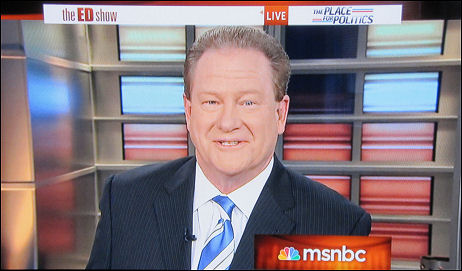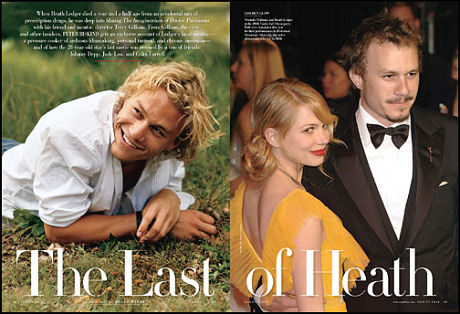Denby Delighted: “Michael Mann’s Public Enemies is a ravishing dream of violent gangster life in the thirties — not a tough, funny, and, finally, tragic dream like Bonnie and Clyde but a flowing, velvety fantasia of the crime wave that mesmerized the nation early in the decade.
“The scowling men in long dark coats and hats, led by the fashion-plate bandit John Dillinger (Johnny Depp), march into a grand Midwestern bank with marble floors and brass railings, take over the place, throw the cash in bags, and make their getaway, jumping onto the sideboards of flat-topped black Fords — beautiful cars with curved grilles and rounded headlights that stand straight up from the cars’ bodies.
“It’s the American poetry of crime. Throughout the movie, blazing tommy guns emit little spearheads of flame, just as in a comic book. Men get their skulls bashed with gun butts, and get thrown out of cars, but, despite all the violence, the movie is aesthetically shaped and slightly distanced by the pictorial verve of gangland effrontery — the public aggression that Mann makes inseparable from high style. He keeps the camera moving, and the editing (by Paul Rubell and Jeffrey Ford) reinforces the speed without jamming ragged fragments together in the manner of hack filmmaking. As a piece of direction, Public Enemies is often breathtakingly fast, but it’s always lucid.”
Denby Troubled: “[The film] needed a charge of surprise, and I wish the filmmakers had more forcefully developed two ironies embedded in the material. For all of Hoover and Purvis’s talk of ‘scientific methods,’ the new F.B.I. wins the war not by arresting criminals and sending them to prison but by massacring them.
“And Dillinger, as the movie readily shows, is deluded about himself. He embraces the future, but, actually, his time is over; the new crime syndicates dismiss him as a troublemaking fool. And although the screenplay keeps insisting that he’s intelligent and shrewd, the movie demonstrates the opposite. The character doesn’t quite add up. If he had been given a wild destructive streak, the conception might have made more sense, but Mann seems to trip over his own story by making Dillinger so self-contained and cool. The problem with casting a star as low-key and attractive as Johnny Depp is that you can’t turn him into a man who is, at bottom, a loser.”


